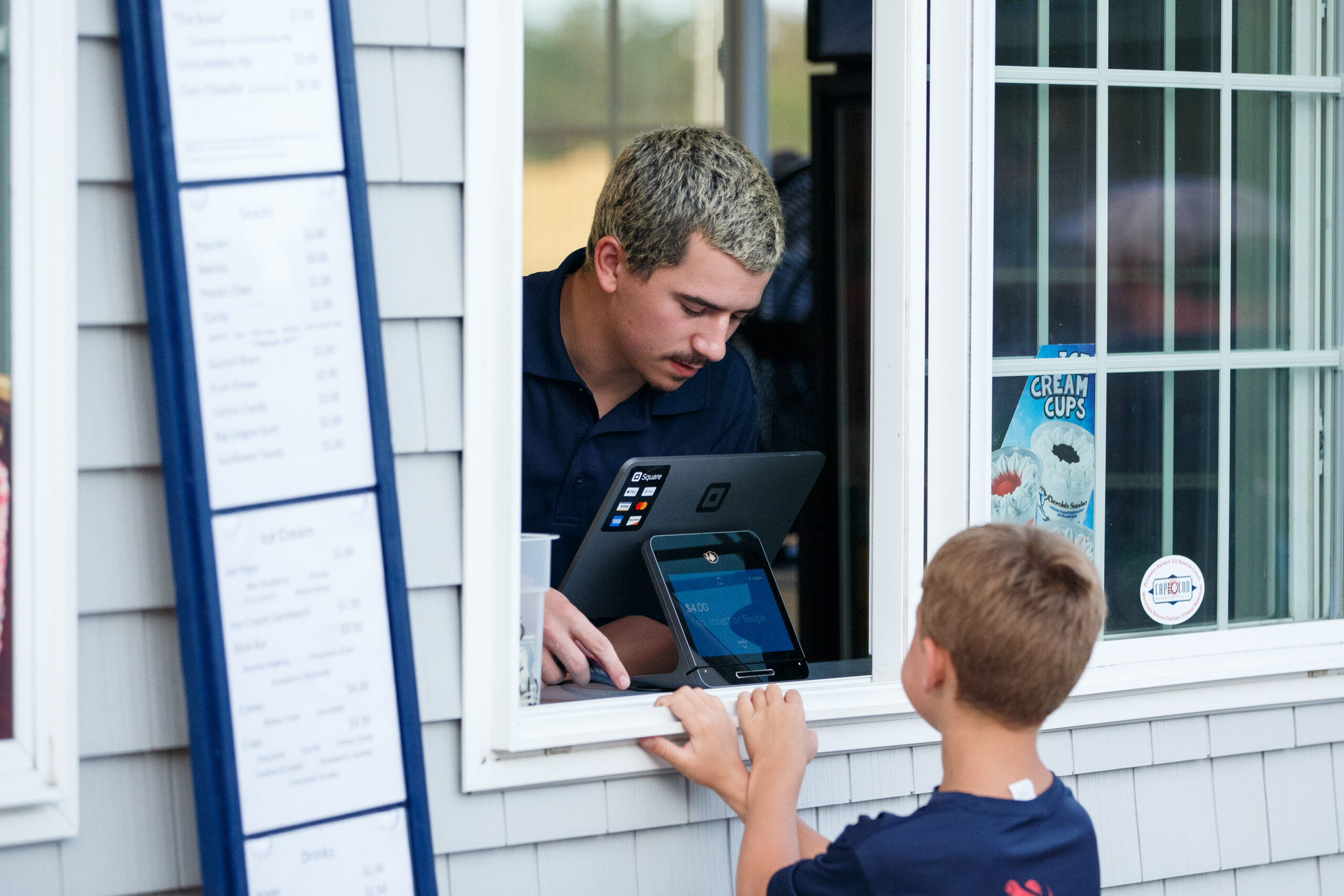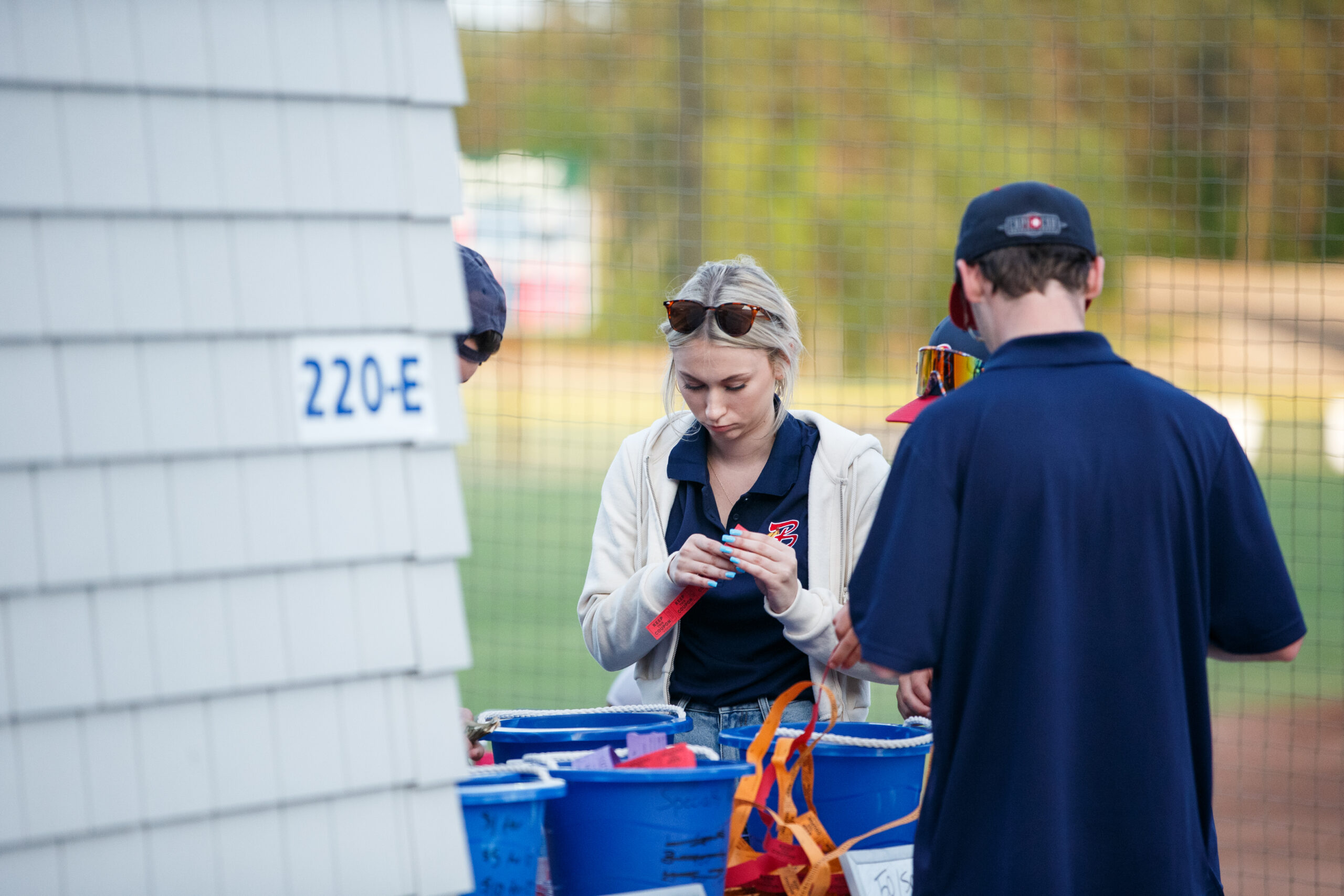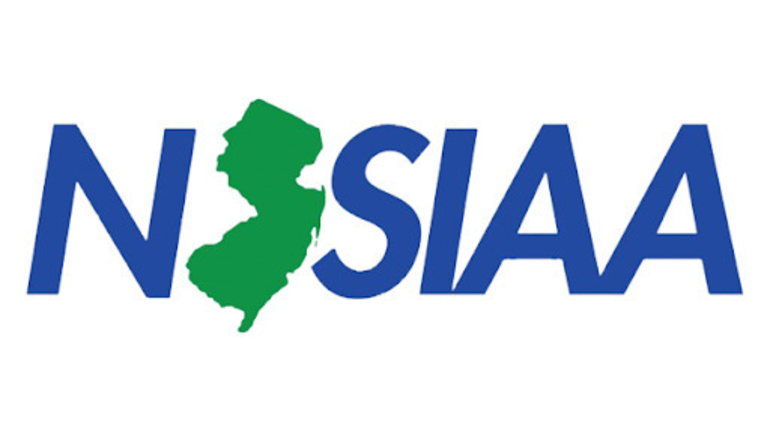Identifying and effectively utilizing volunteers
Both athletic administrators and coaches have many tasks and responsibilities, and they also need a support staff to make everything work. Typically, you need scorekeepers, score clock operators, ticket sellers, a public address announcer, a chain gang for football, staff for the refreshment stand, and other positions. If you are lucky, you can pay a modest stipend for some of these positions. In some schools, you may need non-paid volunteers to fill all of these roles and more.

Even though you sincerely need the help of volunteers for support positions, you must establish guidelines to ensure a smooth operation and to prevent any possible problems. The following are some parameters that really should be in place:
- By volunteering, an individual does not have the right to influence any decisions that a coach may make during a game, in practice sessions, or with any interactions with his or her team. Volunteers are not assistant coaches.
- Also, those who fill support positions, even though they are extremely valuable and necessary, have no say in recommending or promoting candidates for a vacant position or whether a coach should be terminated. The hiring, mentoring, and evaluation of coaches is only the purview of the athletic administrator.
- Other than a chain gang in football, volunteers should not be permitted on the sidelines of games. They do not get special privileges or treatment that is not permitted with other spectators, and there is also an injury risk factor that has to be considered.
- Be aware of teachers, booster clubs, and community members who may have unique skills or interests that you can use. You may have, for example, a parent who is good with technology and also has a modicum of writing ability. This individual could put your seasonal or awards evening program together. On the other hand, perhaps you have a community member with a marketing or fundraising background that you can tap into for ideas and assistance.
- Simply network. Spread the word with your booster club, parent-teacher association, alumni association, or civic groups in the community, and detail what specific positions you need help with. If you need ticket sellers, this might be perfect for a former athlete or retiree who may view this as a way to stay involved or connected. But a potential volunteer first has to know that there is a need!
- In addition, post volunteer opportunities on your websites and social media. This step goes beyond networking, and these mediums can be invaluable in getting the word out about how you may need help and how individuals can help.

Once you identify individuals willing to serve in a volunteer capacity, the next step is how to use and retain them effectively. This may be more difficult than the initial effort of finding them. It is relatively easy to understand that you need ticket sellers, score clock operators, and helpers at the refreshment stand. Also, you can tap into community members with technology, marketing, and fundraising expertise. What else could someone contribute?
- While major repairs to your ticket booth, press box, and dugouts will likely require district personnel or contractors, there are some small items that volunteers could tackle. They could, for example, paint the doors to the equipment room, the goal posts, or the baseball or softball foul poles.
- Parents could organize and supply drinks for teams at halftime and post-game, and this routinely happens in many schools.
- Teachers or parents can serve as videographers and tape games and also film opponents for scouting purposes.
Basically, think creatively. Analyze what needs to be done, and who can help to decrease some of the time and effort. What can make things a little easier for you? Once your volunteers are on board, however, you will want to retain them.
» ALSO SEE: North Dakota volleyball coach resigns after alleged physical altercation
The following efforts should be considered:
- Support your volunteers. This entails clearly explaining how to fill their role, and answering all of their questions. It can also be as simple as stepping in to handle an irate, or unreasonable person at the ticket booth so that they don’t have to take the abuse.
- Personally step in and do little things to help make their job easier if possible. Perhaps you can help lift a table in place, pick up some trash around the refreshment stand, or carry a few items to their car after a game.
- Always say “Thank you!” And don’t be afraid of doing so repeatedly. Remember, these individuals are giving of themselves and they could be doing other things.
- Appreciate the time and effort that volunteers provide to your program by providing them with team wear if at all possible. Quite often, these individuals will wear these items with great pride.
- Also provide a hot dog, soda, or similar items at a game as a small token of your appreciation.
- List names of all volunteers in every program, on your web and social media sites, on bulletin boards in the school’s or gymnasium’s lobby, and anywhere possible.
- Publicly mention the names of your volunteers at booster and civic club meetings, awards evenings, and any time you are addressing members of the school community.
In many settings, volunteers are essential for the smooth operation of the athletic program. Athletic administrators will be more successful when they put together protocols and guidelines for these individuals, learn to identify school and community members with valuable skill sets, and support and show appreciation to these contributors.





